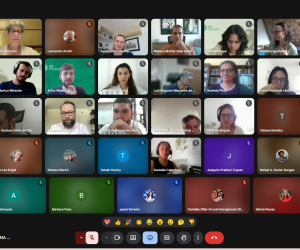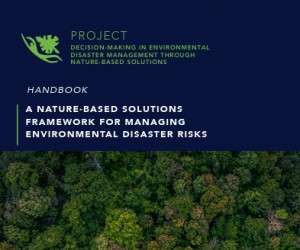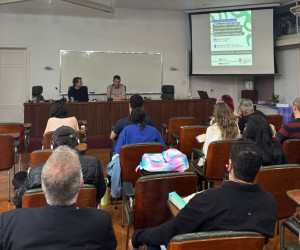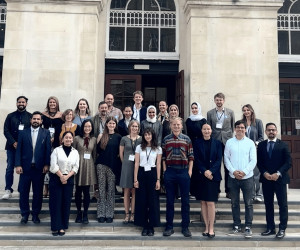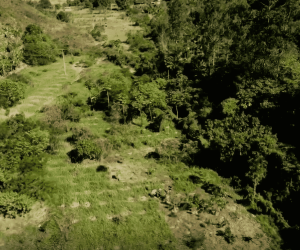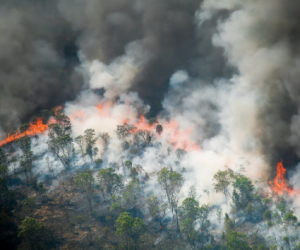01.10.25
IIS is one of the founders and coordinators of the Payment for Environmental Services Observatory, which held its first official meeting in Brasília
On 12 August, IIS supported the 1st Meeting of the Payment for Environmental Services Observatory Network (OPSA), held at the auditorium of the Ministry of the Environment (MMA) in Brasília. The event brought together representatives from public bodies, civil society organisations, research institutions and strategic partners to discuss the landscape of PES initiatives in Brazil and to advance the consolidation of the Observatory.
“This strong engagement we are seeing at this first meeting demonstrates the strength of the PES agenda in Brazil and the Observatory’s ability to connect actors from different sectors. Multi-sectoral engagement is essential to the success of the initiative,” said Bruna Pavani, IIS’s Head of Institutional Relations and a member of the OPSA coordination team.
“The active involvement of all key stakeholders will be decisive in giving scale and strategic relevance to the PES agenda in the country,” she added.
PES is an economic instrument designed to financially reward individuals and organisations for providing environmental services, such as the conservation and restoration of ecosystems, Bruna explained. The PES Observatory, of which IIS is one of the founders and coordinators, “was created in 2024 and, since then, more than 100 institutions have expressed interest in joining this network,” she noted.
IIS took part in the opening session, alongside representatives from the MMA, UNDP, the Brazil Climate, Forests and Agriculture Coalition, and Systemic. The programme also featured a panel on the state of PES initiatives in Brazil, presenting updated data and analysing challenges and opportunities for scaling up the instrument across different biomes.
Discussions also covered financing strategies for the PES Observatory, with a focus on long-term sustainability and integration with other environmental monitoring platforms, as well as the regulation of Law 14.119/2021, which established the National Policy on Payment for Environmental Services.
“The meeting showed that there is great potential for synergy between existing PES initiatives in Brazil. It is essential that the PES Observatory consolidates quality information and fosters coordination between projects, ensuring that this instrument is applied and scaled up strategically for conservation, restoration and improved quality of life for beneficiary populations,” Bruna stressed.
The activities also included round tables and working groups aimed at exchanging experiences between projects, analysing case studies and collaboratively building proposals to strengthen the network. The importance of consolidated databases to support decision-making, the integration of PES into climate adaptation and biodiversity conservation strategies, and coordination between different institutions to expand the scale and effectiveness of projects were further highlights, Bruna pointed out.



